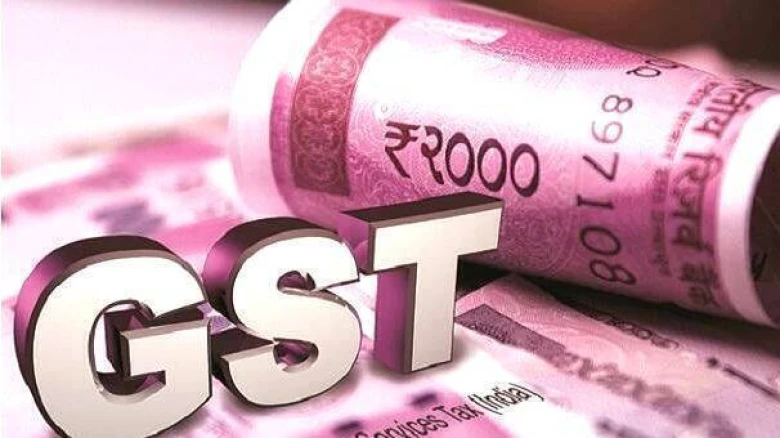Regional

In addition, a special rate of 3% is applied to gold, jewellery, and precious stones, while a rate of 1.5% is applied to cut and polished diamonds.
Digital Desk: The top GST rate of 28% will remain in place for luxury and sin items, but the government is willing to discuss narrowing down the three existing slabs of 5, 12, and 18% into two, Revenue Secretary Tarun Bajaj said on Monday.
Speaking to the leaders of the industry, Bajaj claimed that the rate rationalization effort of the GST Council is the outcome of an examination of GST five years after its implementation and that the policymakers do not have a "fetish" for raising the tax rates to the level of 15.5 percent.
Regarding the industry's demand that petroleum goods be included in the GST net, he stated that both the Center and the states are reluctant because fuel makes up a larger portion of their revenues. "We'll need to wait for a while."
"Of the 5, 12, 18, and 28 percent, we would have to retain the 28 percent since some luxury and sinful goods would and should be subject to a higher rate of taxation in a developing country with such a wide wealth gap," he stated.
"But it remains to be seen whether we can reduce the rates of 5, 12, and 18 (percent) to only 2 rates to begin with. After that, we'll have to wait and see how the country develops to see whether we can eventually reduce the rates to just one rate. It is a challenging task," At an Assocham event, Bajaj stated.
With regard to the GST, there is a four-rate structure that levies a peak rate of 28% on autos and a low rate of 5% on necessities. The other tax brackets are 12 and 18%.
In addition, a special rate of 3% is applied to gold, jewellery, and precious stones, while a rate of 1.5% is applied to cut and polished diamonds.
Moreover, a cess is charged on products with the highest tax rate of 28%, including luxury, sin, and demerit goods. The money from the cess is put into a separate corpus called the Compensation Fund, which is used to make up for the revenue loss the state experienced due to the introduction of the GST.
Under the leadership of Karnataka Chief Minister Basavaraj Bommai, the GST Council established a Group of Ministers (GoM) to recommend rationalizing tax rates, combining tax slabs, reviewing the exempt list, and correcting duty inversion in situations where taxes on final output are lower than those in inputs. The GoM now has an additional three months to submit a final report.
According to a study by the RBI, the weighted average tax rate under the Goods and Services Tax (GST) decreased from 14.4% at its debut to 11.6%.
As per the Subramanian Committee report submitted before the GST was implemented, the revenue-neutral rate under the GST should be close to 15.5%.
Based on the interim GoM report from last month, the GST Council eliminated tax exemptions for several products, including pre-packaged and labelled wheat flour, paneer, curd, and lassi, while correcting inverted duties for products like LED lamps and solar water heaters.
"We frequently discuss RNR at 15% even though the current rate is only 11.6% and might increase to 11.8 or 11.9% after inverted duties are eliminated. That is what? Do you think that we should aim for a 15% rate? I sincerely doubt policymakers have an obsession about needing to achieve that certain pace," Bajaj said.
The secretary added that after five years, it is appropriate to reflect on how the GST rate structures have worked out, whether there is a need to reduce the number of rates from what they are currently, and which commodities can be subject to higher and lower rates.
"I believe that states and policymakers are currently viewing the GST with this perspective and not with the purpose that I must somehow raise prices in particular commodities to attain that 15% odd rate," Bajaj said.
Leave A Comment